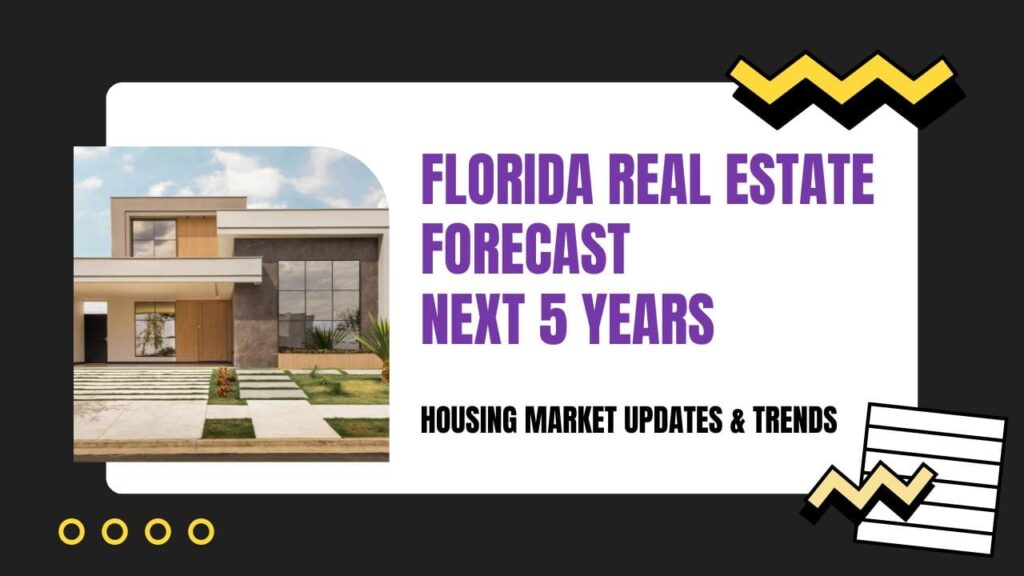Florida’s real estate market has long been a beacon for investors, offering a diverse array of opportunities amidst its vibrant coastal cities and suburban communities. As the market continues to evolve, understanding the latest trends and factors shaping its trajectory is essential for investors seeking to capitalize on this dynamic landscape.
Trends in Florida Real Estate Market
The Florida real estate market is experiencing notable shifts, with higher median sales prices and an increase in inventory compared to previous years. Despite challenges posed by rising mortgage rates, there has been a positive surge in new listings, providing opportunities for both buyers and sellers.
Home Sales Trends
In the first quarter of 2024, existing single-family home sales statewide saw a slight decrease compared to the previous year. Similarly, existing condo-townhouse sales also declined year-over-year. However, these figures highlight the fluctuating nature of the market and the importance of understanding long-term trends.
Median Home Sales Prices
Despite slight fluctuations in sales volume, median home sales prices in Florida have continued to rise steadily. This appreciation reflects the ongoing demand for properties across the state, particularly in desirable coastal and suburban areas.
Increase in Housing Supply
While inventory levels have increased, particularly in the condo-townhouse segment, supply remains relatively tight. This imbalance between supply and demand continues to favor sellers, exerting upward pressure on prices.
Factors Affecting the Florida Housing Market in 2024
Several key factors are shaping the current landscape of the Florida housing market:
1. The Interest Rate Effect: Rising mortgage rates are affecting affordability and buyer behavior, leading to a slowdown in price growth.
2. Inventory Influx: An increase in housing inventory is providing buyers with more options and alleviating competition.
3. Price Growth Moderation: The pace of price appreciation is expected to slow down, presenting potential opportunities for buyers.
4. Sellers Re-entering the Market: Many homeowners are re-entering the market, contributing to the rise in inventory levels.
5. Demographic Shifts: Florida’s appeal to retirees and those seeking a lower tax burden continues to drive population growth and housing demand.
6. New Construction: The demand for housing may incentivize an increase in new construction, helping to alleviate supply constraints.
Florida Real Estate Forecast for the Next 5 Years
While the Florida housing market remains strong, analysts predict a slowdown in price growth and a more balanced market in the coming years. Affordability challenges and demographic shifts will continue to influence market dynamics, presenting both challenges and opportunities for investors.
Will the Housing Market Crash in Florida?
Experts believe that the Florida housing market is not at risk of a crash similar to the Great Recession. Tighter lending laws and improved borrower financial health mitigate the risk of a housing crisis. However, the market may experience corrections or fluctuations in response to economic factors.
Florida Housing Market for Investors
For investors, Florida offers a compelling mix of factors, including strong population growth, a diverse job market, tourist attractions, relatively affordable property prices, tax benefits, and a diversified economy. Understanding these dynamics and conducting thorough research is key to maximizing investment opportunities in Florida real estate.
Navigating Florida’s real estate market requires careful consideration of current trends and future projections. By staying informed and adapting to changing conditions, investors can position themselves for success in this dynamic and resilient market.





